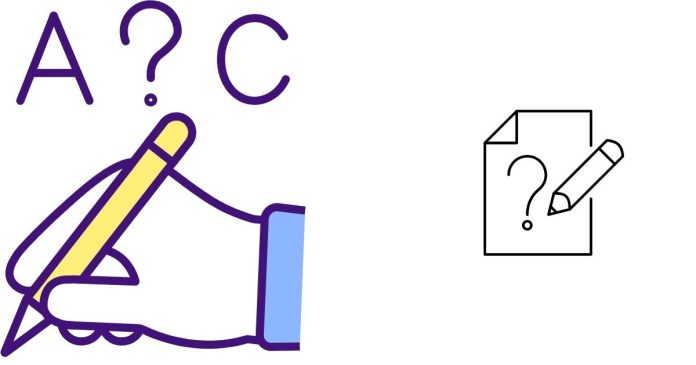Here are some words that use the prefix “pre-” (meaning “before”):
- Precede – to come before in time, order, or position.
- Preview – an advance showing or viewing of something.
- Precaution – a measure taken in advance to prevent something undesirable.
- Predict – to say or estimate that something will happen in the future.
- Prepare – to make ready in advance.
- Prehistoric – relating to the time before written history.
- Preemptive – intended to forestall or prevent something from happening.
- Preliminary – preceding or done in preparation for something more important.
- Prejudge – to judge something or someone before all the facts are known.
- Preoccupied – absorbed in thought, distracted or concerned beforehand.
- Prescribe – to recommend or order something to be done in advance.
- Pretext – a reason given in justification of a course of action, often false.
- Prevention – the action of stopping something from happening.
- Precarious – dangerously uncertain or unstable, suggesting something that has happened before in an unsafe or risky manner.
These are just a few examples. The prefix “pre-” helps convey the idea of something happening before or in advance of another event or state.


